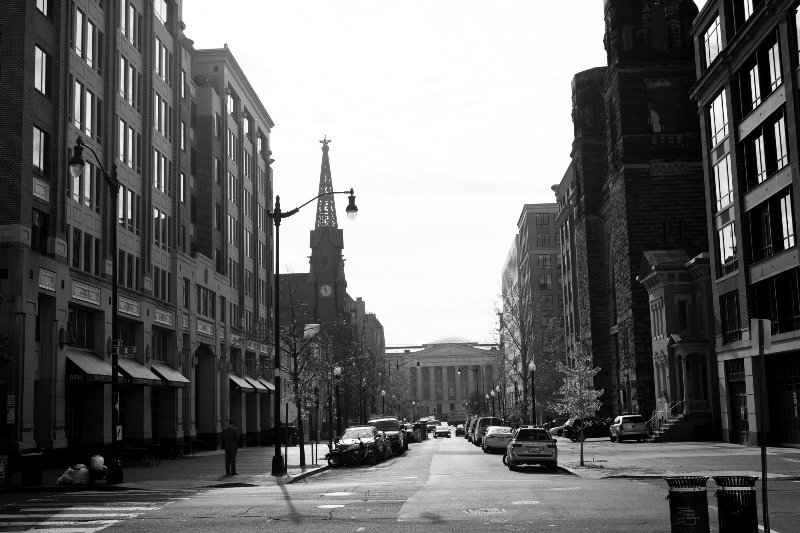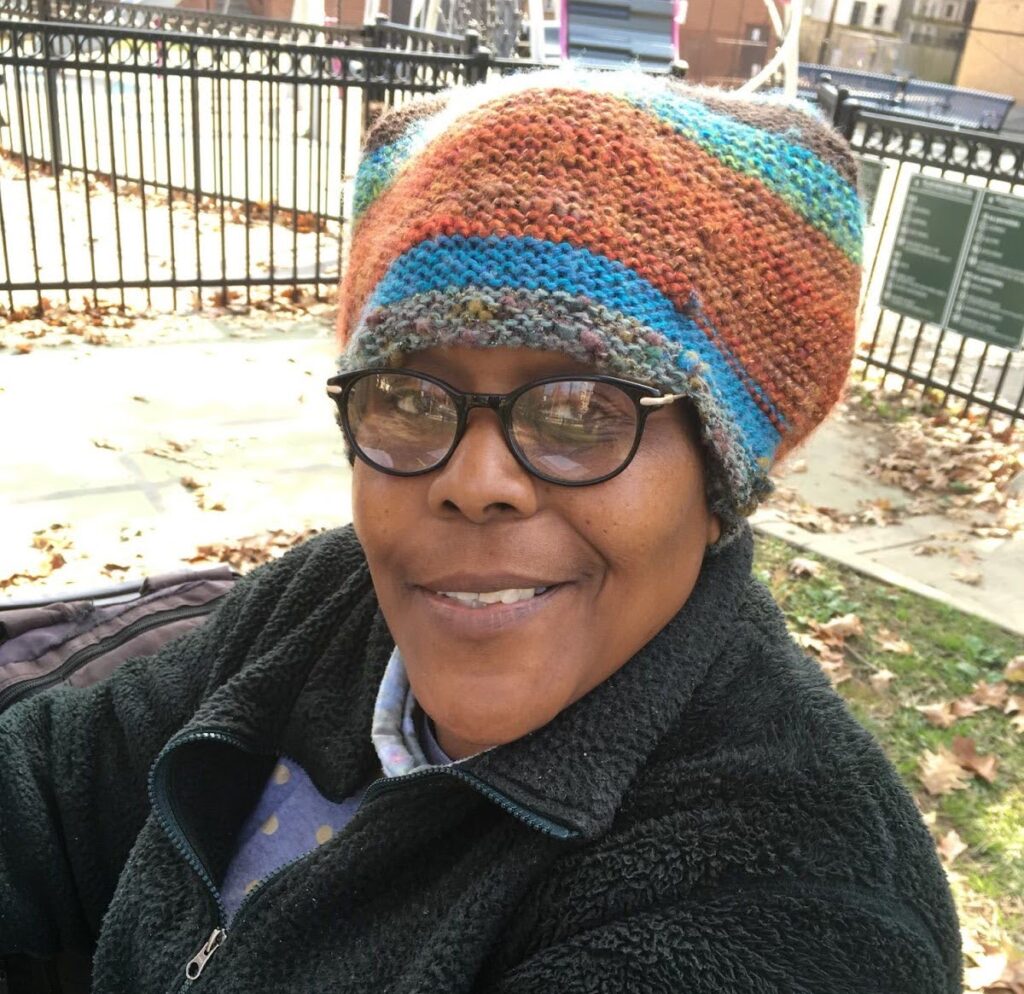I recently had the privilege of working on a documentary film called Street Reporter with reporter Reginald Black. The film follows Reginald and me as we report on a homeless encampment in the NoMa area here in Washington, D.C. I filmed interviews and photographed a man who lived in this encampment named Mike Harris, and my media became a part of the film. The interesting thing about Mike is that he is paralyzed and must use a wheelchair while sleeping in a tent under a bridge. His story about how hard it was to go to the restroom, shower, and eat a well-balanced meal was hard to listen to. Mike has been homeless for many years. He was one of many people living in this encampment. Many of them are suffering from mental illness, substance abuse or economic issues. These are just a few barriers a homeless person faces every day. Thankfully, Mike has since moved into his new apartment.

Having a voice
Being a journalist means a lot to me. I am a living witness to the truth about homelessness due to my personal experience with homelessness. I am still living through the process. As such, community journalism is very important to me. The community needs to know what is going on in each neighborhood when it comes to this issue. We must educate ourselves and then let our government officials know that this is unacceptable.

Collaborative filmmaking
My experience working with the collaborative filmmaking team (Laura, Bryan, and Kasey) gave me the opportunity to share my story about being homeless. I also got the chance to film and photograph other people. The hands-on experience taught me a lot about filming, photography, editing and recording. I am new at being a photojournalist, but I am excited to learn all about it.
In particular, I have learned how to be patient with others and let them tell their story no matter how hard it is to hear. Learning how to properly use a camera is so much fun for me. My toughest challenge was editing. I have not quite mastered this skill yet, but I will soon. A good journalist goes after stories that may be sensitive to others, but the story must be told. The best part about journalism for me is I get to tell someone else’s story. These stories about homelessness need to be told every day until we can bring an end to homelessness.

Street Sense
My passion for photojournalism came from working with Street Sense, a newspaper that publishes articles written by members from the homeless community in D.C. Street Sense offers educational workshops such as writers groups and courses in photography, filmmaking, illustration, editing, and much more.

My experience with homelessness
Being homeless for seven years was a sad time in my life. Living on the street for three years, not knowing where I could find a safe place to sleep, eat or even shower was challenging. Stores wouldn’t let me use the restroom. Instead, I had to purchase something first. Eating a well balanced meal was hard to come by. Martha’s Table would bring food to us once a day, but by nightfall I was hungry again. There were places to take a shower but they let only around 10 people shower per day. Food lines and shower lines are very long. You might have to wait a week or so before your name came up to take a shower.
This experience forced me to move into the women’s shelter. I spent the next four years living in a shelter which came with its own challenges. We had to leave the shelter at 7 a.m. and return at 4 p.m. If you didn’t return on time, you would lose your bed. You had to carry your belongings with you all the time. Worst of all, sleeping was extremely difficult at the shelter and the food was awful. We ate the same thing, day after day. While at the shelter, I also started an associate’s degree program at the UDC. Shelter life while going to school was a major challenge.
In 2020, just as the pandemic hit, I finally received a housing voucher after waiting for nearly eight years. It was a great relief. I now can study in a quiet place, feed myself healthy meals and just relax.

The Challenges to Getting Housing
It is estimated that there are 9,000 homeless people in the D.C. Metropolitan area. Many people who are homeless suffer from addiction, depression, and also have eviction notices on their records, or felony records, which stop them from getting housed. The laws need to change so people can obtain housing. Landlords need to give second chances to people with these kinds of problems. I was given the chance because my record was clean, but what about people who lost their homes due to fire, flood or just lost their jobs? It’s expected that homelessness will grow due to the pandemic as related eviction prohibitions expire.









